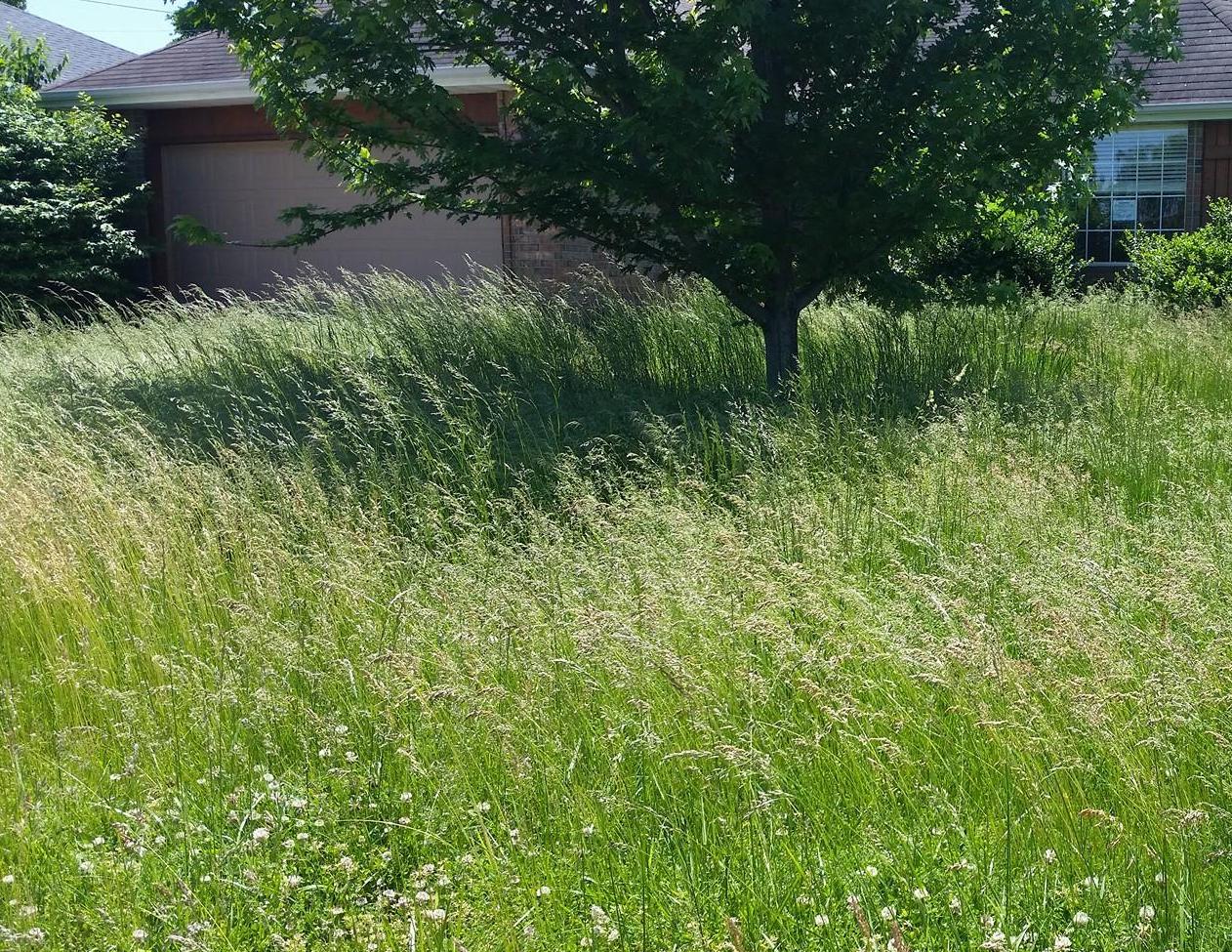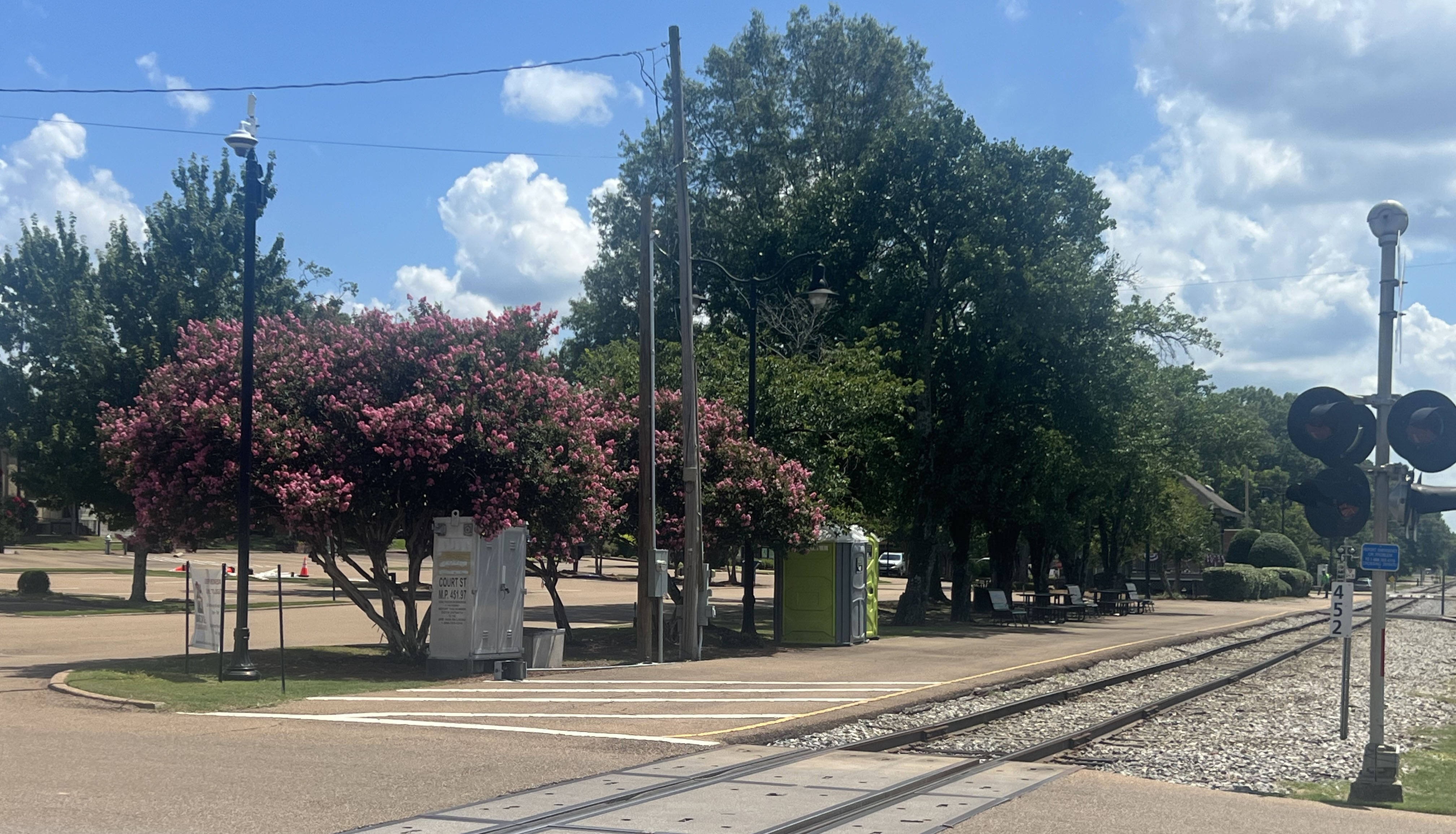John Howell 12/8/15
Published 12:00 am Tuesday, December 8, 2015

I spend some time in the presence of a police radio scanner, listening intermittently.
That was once a commonplace pastime for many, but the emergency communications conversion to the Mississippi Wireless Integrated Network (MSWIN) rendered affordable scanners useless.
New scanners capable of monitoring the MSWIN network are expensive and difficult to program. (I can operate ours only with the help of my son, David, who programmed it and then reprograms it when I mess it up.)
I consider it a source for news tips. It has alerted me onto law enforcement responding to bank robberies and other crisis mobilizations of emergency responders, but most of the time it is mundane traffic between sheriff’s deputies, emergency dispatchers, volunteer fire departments, Emergency Management and others on the county’s emergency frequency.
Trending
(City radio traffic is encrypted and unavailable for monitoring, but one can assume that there is much similarity.)
But those routine radio conversations have emerged into a very real story that is often also very dark. From my limited experience in eavesdropping on radio transmissions of deputy sheriffs, I have formed an impression that these officers — they call them “road deputies” — are the people we give the job of patching up a society that with each passing day seems more bent on self-destruction and associated collateral damage.
The overwhelming number of calls that deputies respond to involve some type of family problem. The variations of complaints dispatchers describe as they radio the information to deputies is endless — husband/boyfriend hit wife/girlfriend and vice versa, teenage boy/girl is in a rage and mom/dad/grandpa/grandma can’t do a thing with them and could you send a deputy; sisters fighting sisters, brothers fighting brothers, in-laws crossed up with out-laws, whole families fighting and weapons are involved, ad nauseam.
And that’s just human relations, not counting dog complaints that may also involve humans, calls to round up loose livestock that has wandered onto the roadway and calls to unlock someone’s vehicle.
Once I heard the dispatcher relaying a call for help from a county resident who had seen a snake enter his doorway. He wanted a deputy. A deputy obliged, drove to the address, looked all inside the house and under furniture, but finally left after finding no sign of a snake. (I never did hear where the homeowner slept that night.)
Earlier I referred to these incidents as mundane and routine, but every time law enforcement officers respond to a complaint about a domestic disturbance, they are exposing themselves to an unpredictable situation that could with little notice turn violent and deadly. Every time, even when it’s the same location where an officer has responded to multiple calls previously without incident.
Trending
Dispatchers receive these calls continually. Often a new request for service is called in before the previous one has been resolved.
But if there is any positive to be gleaned from the constant radio chatter describing the suffering and sadness that surrounds us — even though most are unaware that it is so ubiquitous — it is the interaction heard among deputies, dispatchers and other emergency personnel themselves as they attempt to cope with the demands.
Deputies are often spread out over this large county. It’s a long way from Park Place Road east of Como to Bynum Road off Highway 315. It is not unusual — in fact it’s almost routine — after a dispatcher has contacted a deputy who happens to be, for example, on Highway 315 West of Sardis and asked him (or her) to investigate a complaint just called in from, for example, Tinside Road in the southwest, to overhear a second deputy volunteer to the dispatcher that he or she is finishing up a call in Courtland and can swing over to Tinside Road and handle the new complaint.
Or if a deputy is directed to an address where another deputy has recently addressed a similar complaint — and this happens frequently — the deputy who handled the earlier call will either give the responding officer earlier background or, more often, volunteer to return to the scene he or she is already familiar with.
There is apparently undirected synergy and cooperation among deputies and dispatchers reflected in these conversations, perhaps developed from trust — wanting each other to know that he or she has got the other’s back. And also from necessity, knowing that on any given call, the responding deputy will be alone when the first contact is made with a routine, mundane matter that could so quickly explode.






